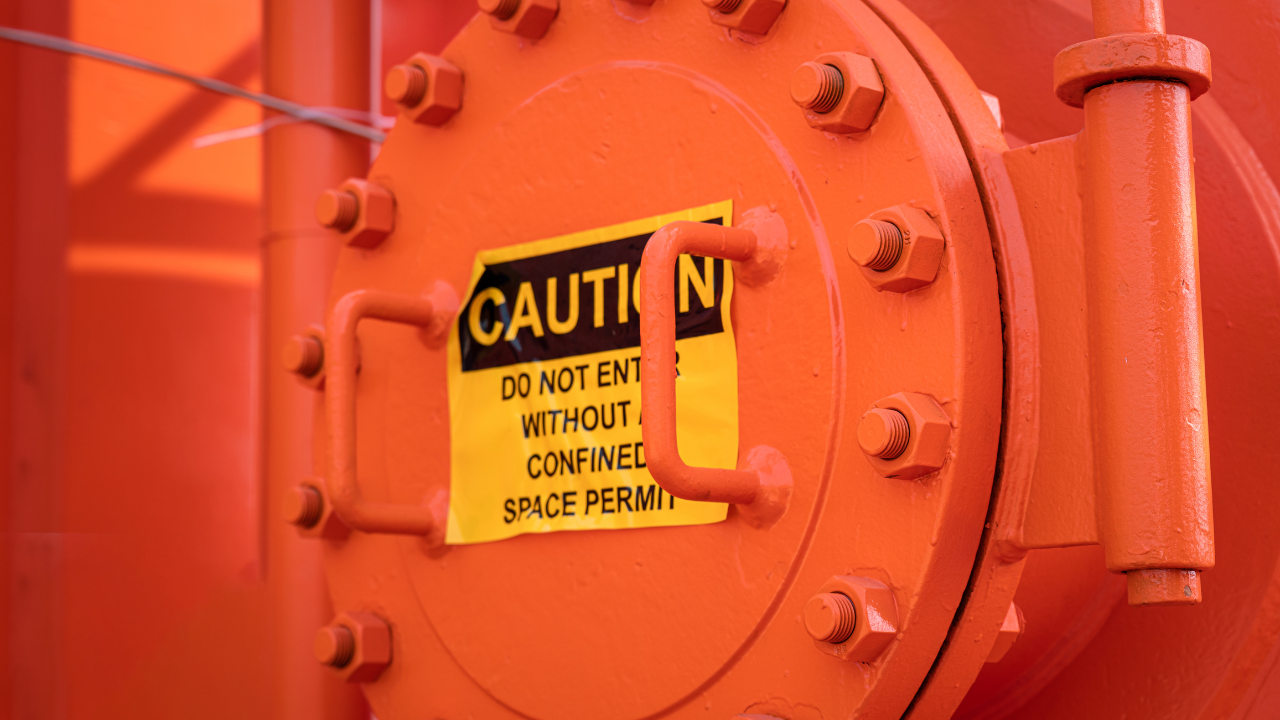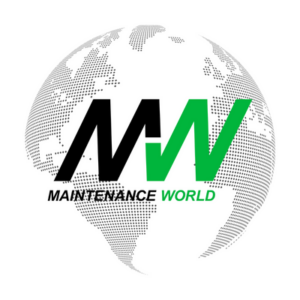How to Use Mechanical Integrity Inspections
Keith Taylor, Encorus Group
Are you getting all the benefits you can from mechanical integrity inspections?
For many organizations, mechanical integrity inspections are something they have to do to meet regulations. And, that’s important – those regulations are there to help provide a workplace that is safe for workers, the environment and the surrounding community.
But, some companies are able to leverage mechanical integrity inspections to gain new insights into their operations and build additional efficiencies.
This article shows how manufacturing professionals can work smoothly with a third-party mechanical inspection provider and use inspection results to build greater efficiency in their operations.
Meeting Your Company’s Regulatory Obligations
The most frequent reason why companies call inspectors is for regular professional inspections to meet environment, health and safety (EH&S) regulations. Mechanical Integrity Inspections cover a wide area of issues, depending on what’s being inspected – a pressure vessel, a tank, a pipeline, a boiler, or other pieces of equipment. Each inspection is different in terms of what the inspector is looking for, the type of equipment and the requirements of the regulatory standard.
Inspectors can do their work most effectively, allowing a company’s operations to return to normal as soon as possible, if:
- Any equipment that needs to be taken out of service for inspection has been shut down, locked out and isolated for safety, particularly if it is a piece of equipment that the inspector will need to enter in order to perform the inspection.
- Equipment that is excessively hot or cold has been given time to reach a workable temperature.
- Obstructive coatings of oil, product residue, ice buildup, or other material have been cleaned to permit an unobstructed evaluation of the equipment.
- Specifications for the equipment are available, including the manufacturer’s data report, construction drawings and details about previous inspections and repair history.
Here’s why that last point matters. Consider, for example, a pressure vessel rated for 200 psi of internal pressure. An inspector calculates the minimum thickness of the shell and the heads, and determines if there is still adequate thickness and whether or not it has corroded away below the standard required. In order to perform those calculations, the inspector needs to know the strength of the material used to build the pressure vessel. Without the original drawings to indicate it was built out of a given type of steel, the inspector has to make conservative assumptions. As a result, the inspector may need to report that, based on available information, the pressure vessel isn’t fit for service. On the other hand, if the inspector knew the material was a higher strength steel and could confirm it through company-provided specifications, then the pressure vessel could be reported fit for service, provided all other conditions are met.
Going Beyond the Regulations to Gain Operational Insights
Some companies are using regulatory inspections to find ways to gain additional value from them. In many cases, these efforts help improve operational reliability. Here are some examples:
Prevention is better than cure:
Sometimes, managers concerned about the viability of a piece of equipment will have it inspected. Inspectors encounter a wide range of equipment in the course of their work, so they have a good idea of what can go wrong. They’re often able to help discover potential problems or reassure managers when there doesn’t appear to be any cause for concern. In some cases, the equipment appears to the owner to be in poor condition, when, in fact, a mechanical integrity inspection determines the issues are only superficial and with some minor cleanup, the equipment will be good as new.
Determining operational life expectancy:
Everything wears out eventually. Mechanical Integrity Inspections help determine operational life expectancy, or when that “eventually” might be. Sometimes, inspectors will point out changes that can be made, such as the installation of a new protective coating or some weld overlay, to increase that life span.
Boosting productivity:
An inspection can determine whether the throughput of a process can be increased because the equipment is actually rated at a higher pressure or capacity than it is being used for.
Planning capital expenditures:
Finance departments need to know well ahead of time if they need to budget for a major capital expenditure. To this end, mechanical integrity reports can help them determine the likely timing of those expenditures by understanding the life span of the equipment they have.
Putting a price on it:
If a plant is changing hands, the prospective owners need to know if they are getting their money’s worth and that the assets won’t pose an imminent safety or environmental liability. This includes the value, expected life span and maximum throughput of the equipment they’re acquiring. Having a good database of credible third-party mechanical integrity reports allows them to put a true value on the company’s assets.
Being seen as an employer that cares about safety:
Frequent mechanical integrity inspections help flag potential safety issues, such as a leaking tank or pressure vessel, before they become serious. This creates a safer workplace. It also demonstrates to employees that their company cares about their safety. This, in turn, helps with worker recruitment and retention.
Helping to extend equipment life:
Inspectors can determine when a piece of equipment is nearing the end of its service life. They also can recommend changes the company can make to lengthen service life. This might involve replacing a worn flange, applying a weld overlay on some pitting, or replacing a corroded area of a shell to keep the equipment in compliance. Inspectors can put together a repair plan for making the equipment both compliant with applicable codes and workable for the company and repair contractor.
Helping Reliability Professionals Get the Resources to Do Their Work
Besides helping to improve operational reliability, inspections can help reliability professionals build allies within other departments.
For example, on the safety aspect, employers need to protect their Total Recordable Incident Rate (TRIR), the resultant measurable that stems from a U.S. Occupational Safety and Health Administration (OSHA) requirement to report workplace injuries. An unfavorable TRIR can result in difficult OSHA inspections, higher insurance costs and the possibility of sanctions, fines and orders to redesign workplaces and procedures. As such, the EH&S department may be supportive of the mechanical integrity testing program because a safer workplace helps it meet its goals.
Most regulations in place today requiring mechanical integrity inspections stem from the need to improve workplace safety. In fact, since the Occupational Safety and Health Act was signed into law in 1970, OSHA reports that workplace injuries and fatalities have decreased by more than 60 percent.
As previously mentioned, mechanical integrity inspections can also support the work of the finance department in planning capital expenditures and in demonstrating the financial value of the company’s physical assets.
Being seen as a good place to work helps the human resources department meet its goals, as well as enable it to attract and retain the best employees.
Clearly, mechanical integrity reports are essential for meeting regulatory obligations, but reliability professionals can go beyond that to help meet other goals of the organization, too.

Keith Taylor
Keith Taylor, is the Director of Mechanical Integrity at the Buffalo, NY–area multidisciplinary firm Encorus Group, a Service-Disabled Veteran-Owned Small Business (SDVOSB). Keith’s specialties include nondestructive testing, fixed equipment mechanical integrity evaluations, failure analysis, API inspections, and repair procedures.
Related Articles

How to Fix the 70/30 Phenomenon

All About Eye Protection

Zen and the Art of Managing Maintenance

Why do maintenance improvement initiatives fail to deliver? (Hedgehog or Fox?)

Why Maintenance Improvement Efforts Fail

Arc Flash/Arc Blast Review with Safety Suggestions for Design & Maintenance




